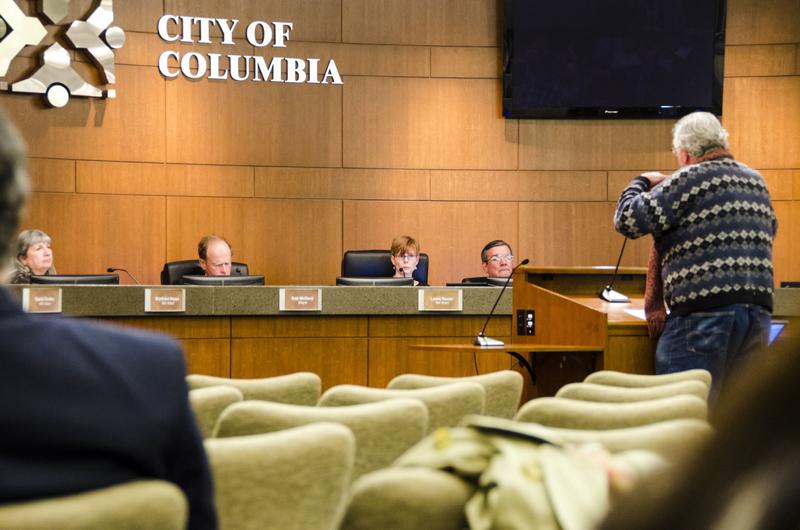The city manager and staff members urged Columbia’s congressional delegation to prevent the closure of Columbia Regional Airport’s traffic control tower Monday at a City Council meeting.
In order to deal with the March 1 budget sequestration, the Department of Transportation proposed closing more than 100 contract control towers nationwide in April at airports with fewer than 150,000 flights, according to the Federal Aviation Administration.
Columbia Regional Airport accommodates roughly 75,000 flights, Mayor Bob McDavid said.
The FAA plans to reduce expenditures by roughly $600 million for the rest of the fiscal year, according to a letter from DOT and FAA officials.
The control tower at Jefferson City Memorial Airport would also close as result of the proposal.
In addition to tower closures, the DOT and FAA proposed to eliminate midnight shifts in more than 60 towers across the country, furlough the vast majority of the FAA’s employees, and reduce some maintenance and equipment provisioning.
FAA and DOT officials said in the letter that there will continue to be an ongoing dialogue surrounding the issue.
City staff proposed that City Council send a letter to Sens. Roy Blunt, R-Mo., and Claire McCaskill, D-Mo., and Rep. Vicky Hartzler, R-Mo.
The U.S. Contract Tower Association, an affiliate organization of the American Association of Airport Executives, urged Congress members to come to an agreement on the impending budget cuts. The organization expressed concerns of possible negative impacts on safety and efficiency; military and emergency response operations; and local economies if towers close, according to a news release.
If the Columbia tower closes, the airport will have no controller services in the immediate area and pilots would have to communicate with each other without advice locally on the ground. Instead, the airport would have to rely on coverage from towers in Springfield and Kansas City.
With FAA trying to cut costs, those towers would face reduction in workforce, McDavid said in a draft letter to the congressional delegation.
“If there wasn’t a safety issue, why would we have the towers in the first place?” McDavid said.
Flights to and from Columbia will remain safe if the proposals take place, Director of Public Works John Glascock said.
“Kansas City and Springfield will have to absorb those planes,” Glascock said. “The system is built for these kind of redundancies, so it will still be safe.”
The loss of the tower shouldn’t impact commercial flights’ financial success, Glascock said.
While commercial flights may not face direct impact from the tower control loss, the workforce reduction could indirectly impact flights in Columbia, McDavid said.
It’s estimated that flights in major cities could experience delays of up to 90 minutes during peak hours due to a workforce reduction, according to statements from the FAA.
Those delays could affect Columbia Regional flights as well, McDavid said.
Midwest Air Traffic Control, the traffic control company that serves Columbia, has shown outstanding performance and is cost-efficient, McDavid said.
McDavid cited a specific incident that occurred Feb. 24 when a private plane made an emergency landing in response to an engine fire. A fire crew was prepared and awaiting the plane when it landed due to the communication between the pilot and air traffic controllers, McDavid said.
“It’s kind of hard to know if we are caught up in the middle of the politics surrounding the sequestration,” McDavid said. “We hope that an agreement will be reached.”







